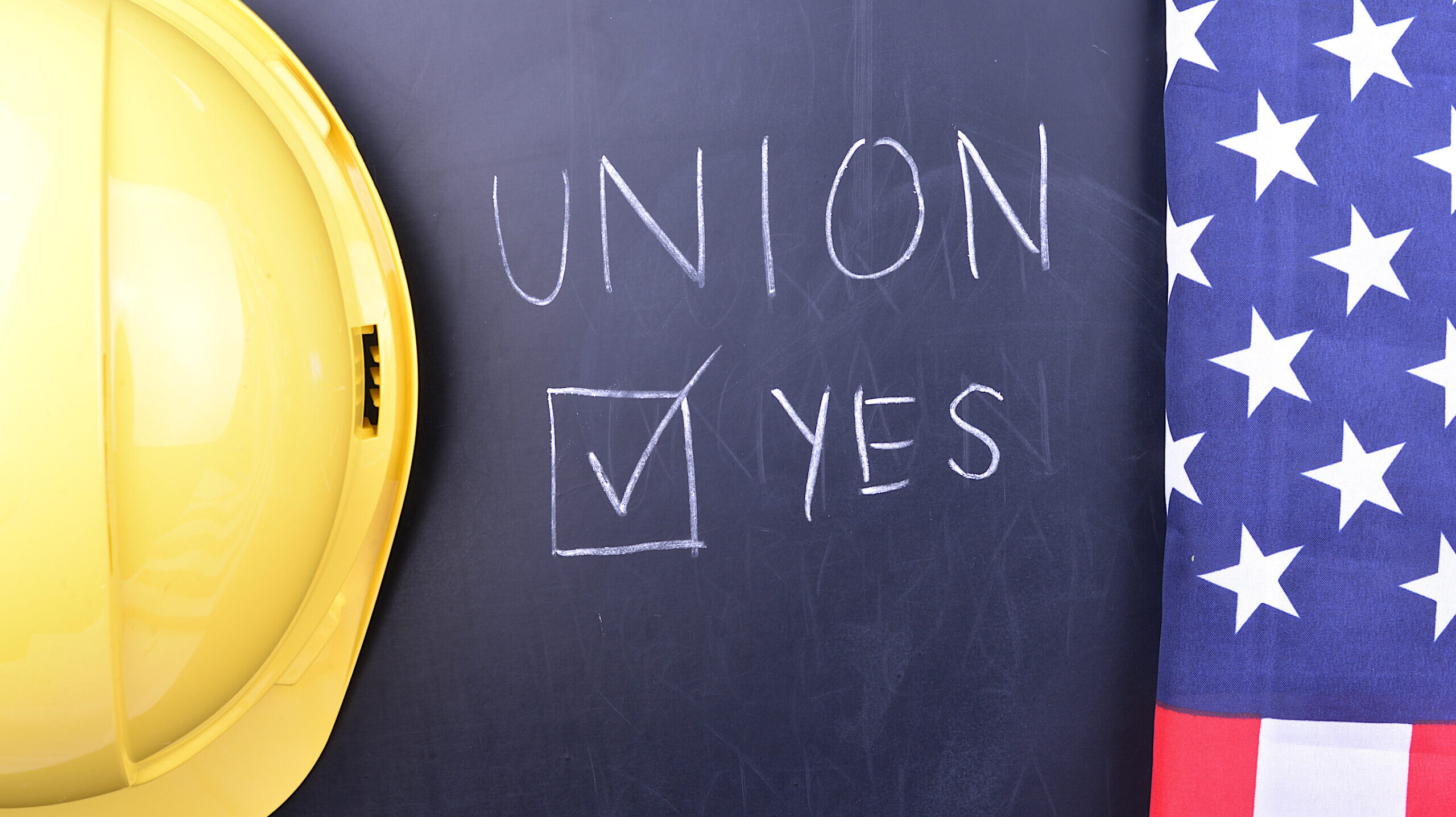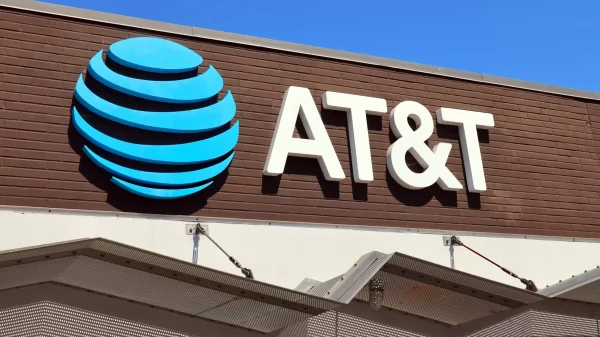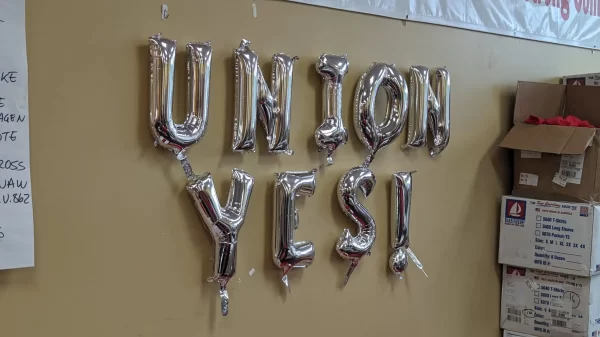|
Getting your Trinity Audio player ready...
|
Be thankful you even have a job, peasants.
That was the apparent message last week from Alabama Gov. Kay Ivey, who penned a defense of corporations and alleged that Alabama’s “economic model” is under attack from unions seeking to organize at the state’s many auto plants.
That “economic model” is, of course, a supply of workers willing to accept a lower wage than their unionized counterparts in other states, who mostly receive higher wages and better benefits for doing the same jobs. It is a model that has served the ruling class of Alabama well, and one that has allowed various politicians to claim economic development success.
To be fair, auto manufacturers, and their various suppliers – both union and non-union – typically pay higher wages than the available jobs in the cities where they locate, particularly for workers with little experience. And a new auto plant – like other big manufacturers – can have a tremendously positive effect on the town and the surrounding areas.
But too often these companies are treated as benevolent saviors, bestowing jobs and decent pay on a community of simpletons who should fall to the ground thanking their almighty that the great auto executives chose them. When the simple truth is these are just companies making a product and seeking to place production facilities in areas where they’ll earn the most money.
Hyundai didn’t choose Montgomery because it felt the people of that city needed a break. Same for Mercedes and Toyota and Honda. They picked their locations in Alabama because their number-crunchers told them that a combination of low-wages, tax breaks and various other factors would add up to more profits. And given the number of car manufacturers who have moved to the state, they’re obviously doing just fine.
But see, that’s just dandy. Billionaires doing all they can to make more billions is celebrated.
Thousandaires trying to get a decent pension and an hourly wage that’ll let them pay for a three-bed, two-bath and take the kids to Disney … well, why are y’all attacking us?!?!
Do you see the problem here?
How in the world does a governor who relies on the votes of millions of those hourly workers find it more beneficial to her and her party’s political standing to back the billionaires over the workers?
Because you let her.
The spread of party politics over common sense voting crippled unions in this country. But it seems that as of late, the scales have finally tipped too far towards inequality and wage stagnation to wake up the average worker. And unions are experiencing a sort of renaissance.
Thank God.
I’m not sure how or why unions got caught up in the whole D vs. R political charade, or how in the world an entire group of workers declined the option to force an employer to bargain in good faith for adequate wages and benefits, but we lost the thread somewhere.
Unions don’t force companies to overpay. They don’t cause bankruptcies. They don’t eliminate jobs. They don’t threaten research and development.
Because all a union does is negotiate on behalf of workers for wages and benefits that represent a reasonable percentage of profits. Both the union and the company have to present numbers. Both sides can protect their interests. Both sides have rights.
Inevitably, though, the companies with a union presence offer higher pay and better benefits. And more secure jobs.
Late last year, the UAW union went into negotiations with the Big Three automakers in Detroit. After a threatened strike and a number of arguments, they hammered out a deal – one that significantly increased the pay and benefits of workers. So much so that within days the auto manufacturers in Alabama announced that they would raise their wages and make improvements to benefits for their employees.
They did so in an effort to keep unions out. Hoping that the workers in Alabama would see the comparable pay and forgo the idea of union dues, even if they meant better job security and more future pay.
But you see the reality, right? That unions are driving wages. That the companies would resist wage increases without those unions. That we’re slowly seeing a return to defined-benefit pensions – and away from more volatile investment retirement plans – because of unions. That without unions the gap between worker pay and executive compensation would be even more unbalanced.
So, yeah, unions probably do threaten Alabama’s economic model. For the millions of hourly workers in this state, that’s an incredibly good thing.






















































